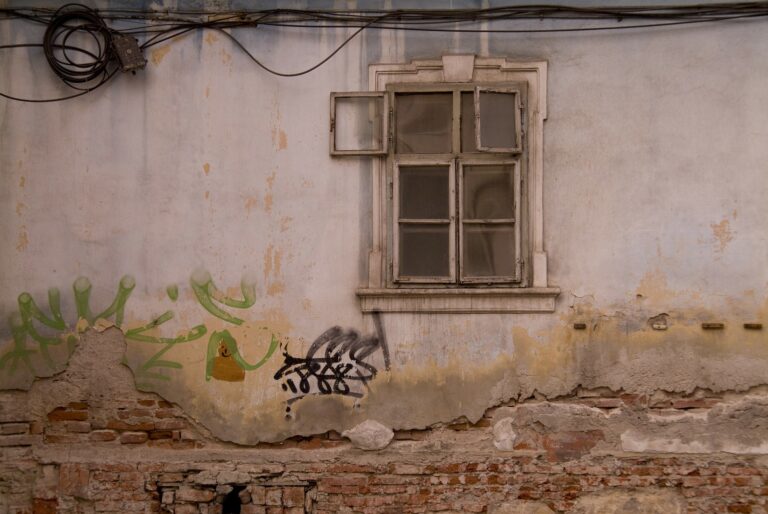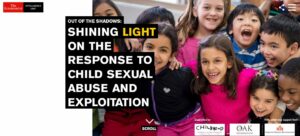According to a new summary report from the Australian Criminology Institute, institutional care settings are emerging as the third most prominent site of child sexual exploitation, following encounters on the street and encounters in commercial establishments.
This alarming statistic has been directly linked to an increase in international volunteering and voluntourism in orphanages and residential care environments. Many volunteers, often with the best of intentions, want to contribute to countries and people in ‘need’, but these are also often countries that lack strong legal protections for children. For an offender, this is an ideal situation.
The UN Guidelines on Alternative Care state that the removal of children from family, and institutionalisation of children should be the last resort due to the well documented negative outcomes for children’s wellbeing, development and protection. But despite this there has been a proliferation of orphanages, particularly in tourist areas in recent years.
In reality 80% of children living in orphanages have at least one parent or family member that could care for them at home if they were given the right support. In fact, placing children in orphanages if four times more expensive than family-based alternatives.
To access children, offenders visit places where children commonly are such as orphanages, churches, schools or amusement parks. Without adequate vetting procedures, background checks and supervision of volunteers and staff, travelling child sex offenders – both situational and preferential, can easily gain access to vulnerable children in orphanages or other childcare settings.
In a position of power, offenders are then often able to financially exploit or bribe victims and communities in order to keep their crimes unreported. This makes volunteering opportunities particularly attractive to travelling child sex offenders.
In extreme cases children have even been trafficked into such institutions to increase opportunities for profit making and for the explicit purpose of facilitating sexual exploitation or illegal/forced adoption.
In most reported cases of sexual exploitation in orphanages have involved travelling sex offenders who engaged with children via professional and volunteer roles. Evidence from the Child Exploitation and Online Protection (CEOP) Centre in the United Kingdom showed one in five child sexual abuse cases in the UK between 2006 and 2011 were travelling child sex offenders involved in roles that gave them direct access to children.
The risk for sexual exploitation for children who live in residential care also continues into adulthood. Children raised in residential care settings are 10 times more likely to fall into sex work than their peers.
Action is now being taken to address orphanage tourism with recognition of the issue and commitments from governments. Towards the end of 2018 the Australian Government legislated the Modern Slavery Act, which in a world first, defined ‘orphanage trafficking’ as a form of modern slavery requiring companies with an annual turn over of AUD $100million to report against slavery risks in their business operations and supply chain.
How do members of The Code prevent sexual exploitation in orphanages?
The Code is the leading voluntary set of criteria for businesses that specifically addresses the sexual exploitation of children in travel and tourism. The six criteria outline key actions that members of The Code can take in order to prevent the sexual exploitation of children and bring attention and resources towards combating this crime.
Through our voluntourism policy, the Code does not accept membership of organisations involved in voluntourism activities which have orphanages and other residential care centres incorporated (or with the possibility to incorporate) in tourism programs or packages. For companies that do offer voluntourism activities, they are required to adhere to an extra minimum set of criteria, on top of the six criteria of The Code.
What are the alternatives to visiting or volunteering in orphanages?
Travel and tourism companies, service learning providers and volunteers looking to redirect their support can support organizations such as Forget Me Not who actively work to reunite children with their families and focus on family strengthening. Ayana Journeys in partnership with World Challenge began facilitating critical thinking workshops on orphanage tourism for student groups to engage for critically with issues of ethical and responsible tourism.
Learn more:



